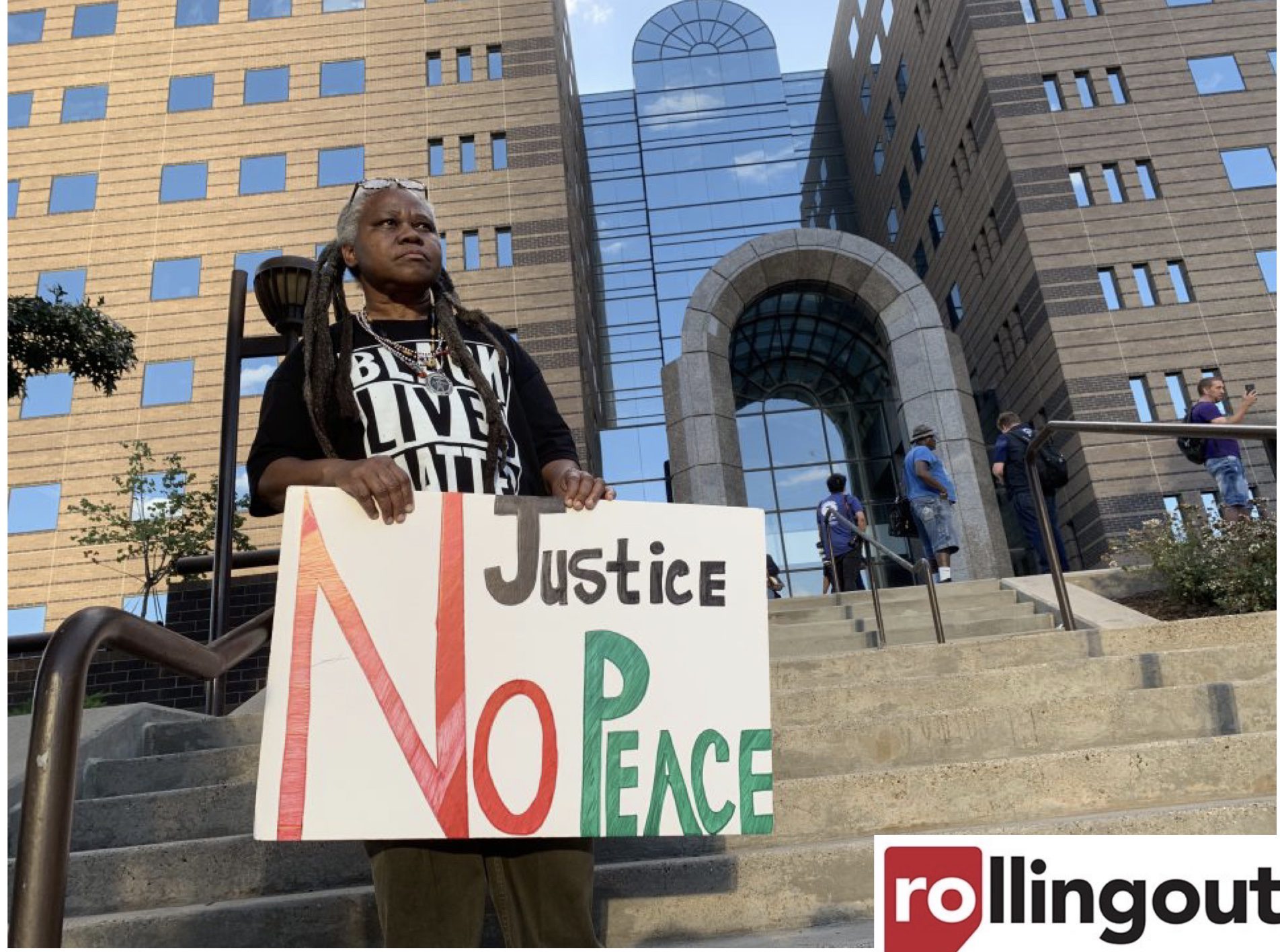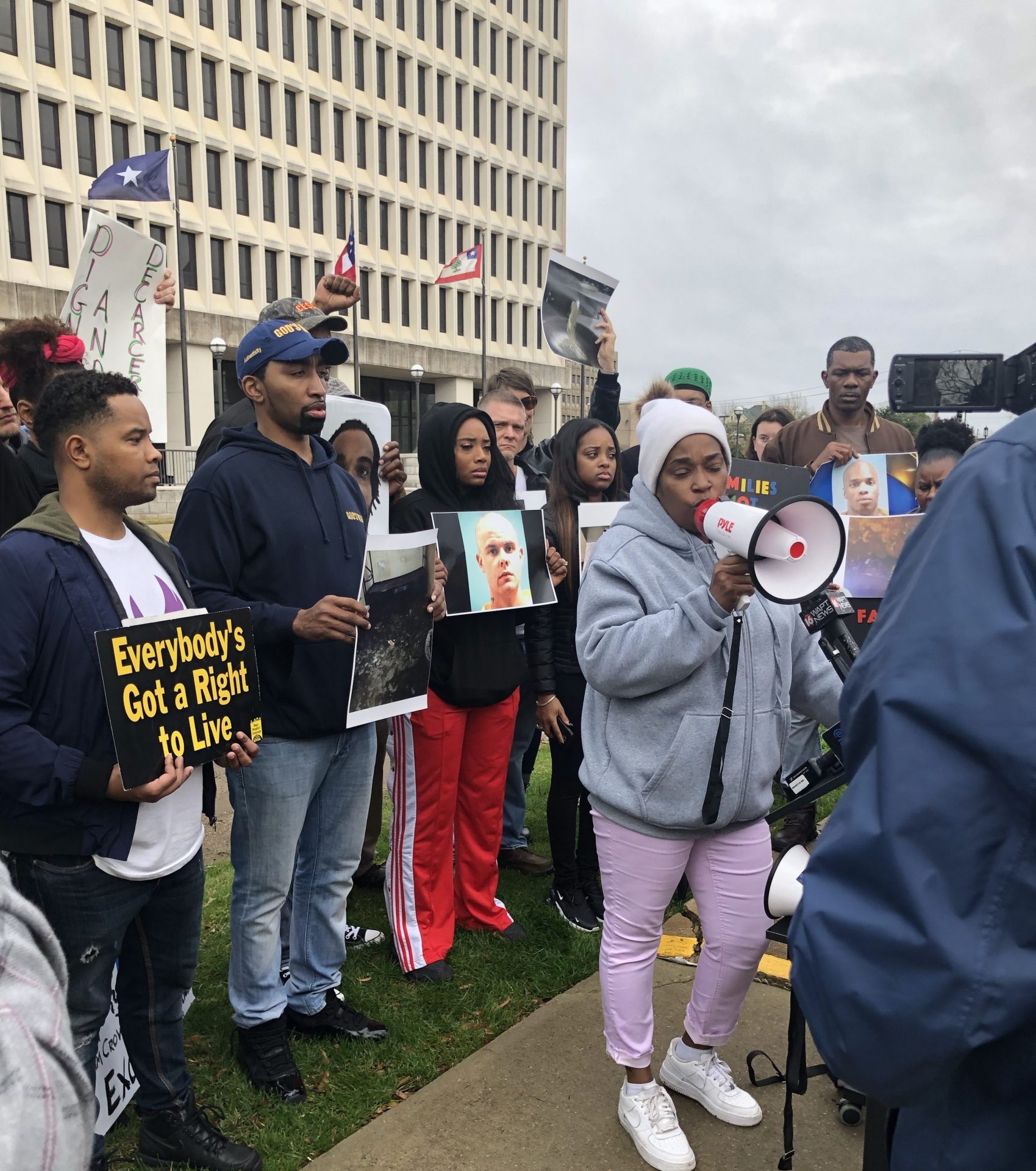Describe the presentation titled “Collateral Consequences and the Economic Impact on the African American Community” at the University of Baltimore School of Law’s “400 Years: Slavery and the Criminal Justice System” symposium.
The theme of my presentation was “invisible chains.” Mass incarceration has a far-reaching impact when an estimated 70 million, [or] 1 in 3 adults, have a criminal record. The impact of mass incarceration is exacerbated due to collateral consequences. Collateral consequences can be defined as hidden sanctions, which emerge automatically at the onset of a criminal conviction. Due to the disproportionate rate in which African Americans are incarcerated, collateral consequences have a profound impact by limiting access to jobs and professional licensure and restricting access to the ladder of economic mobility.
What three things should the Black community know about the presentation?
Become familiar with collateral consequences. Collateral consequences are referred to as “hidden” since they are not formally quantifiable in a sentence or imposed penalty. While the reference to “civil disabilities” reflects the social impact of stigmatization associated with a felony conviction.
Do your homework. Your attorney may not inform you about collateral consequences. Attorneys do not have a duty to warn clients about collateral consequences except when immigration status is impacted in criminal cases.
Advocate for policy change. You can make a difference at your workplace by challenging your human resources team to review and adopt the policies outlined in the Equal Employment Opportunity Commission’s Enforcement Guidance on the Consideration of Arrest and Conviction Records in order to ensure fair hiring practices for all.

















